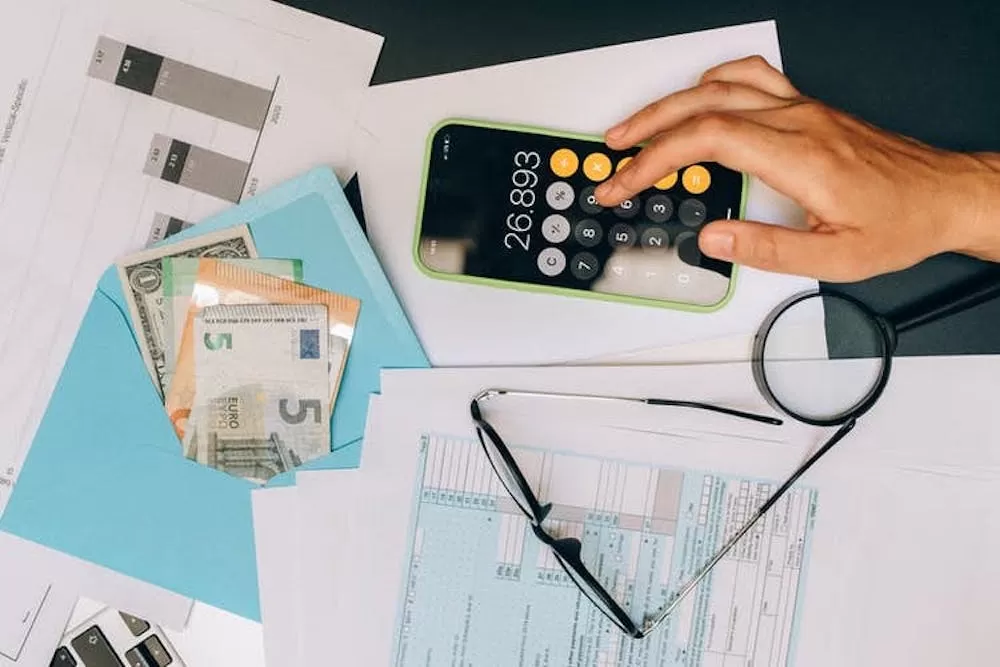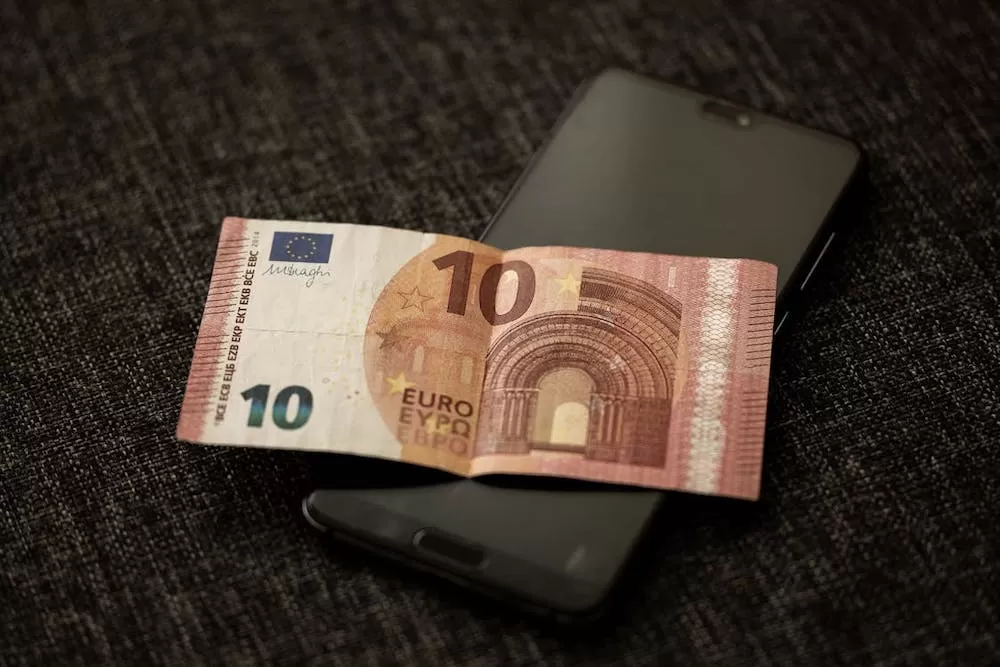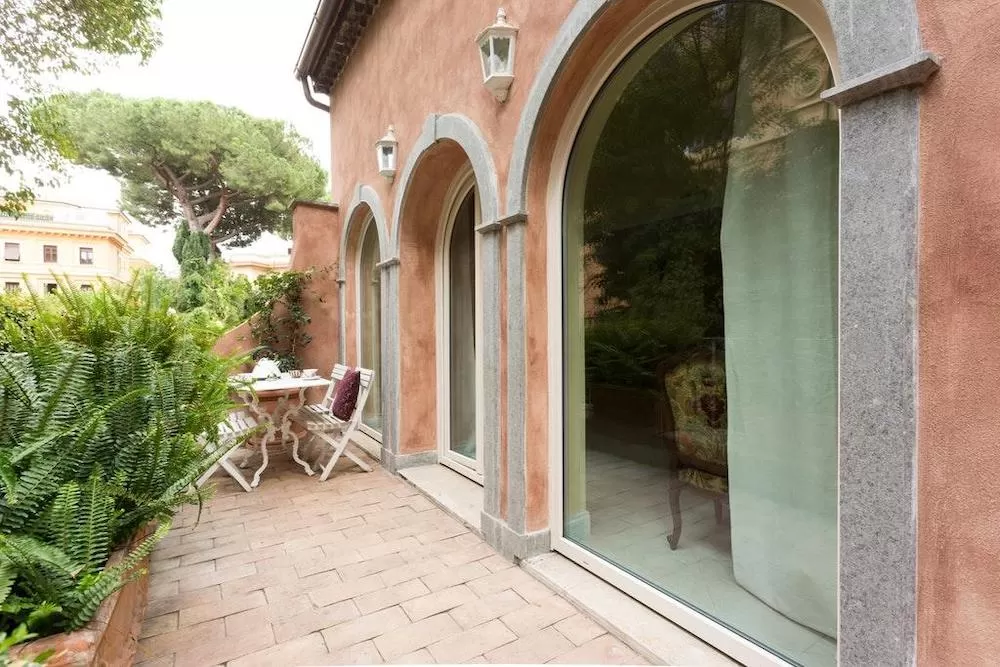Selling your
is serious business. Though you will earn a lot of money at the end of it all, there are many things you have to pay yourself as well. One of them is, of course, your capital gains tax. As already mentioned, since you'll be earning a large profit from this purchase, it's only natural that you pay back the Italian government, right? But what is there to know about the capital gain tax in Italy? What's your capital gains tax rate? How do you pay for it? Well, here's some info that would shed some light on it.
What is Italy's Capital Gains Tax All About?
The capital gains tax in Italy is among the more important kinds of
taxes in the country. It affects most of your assets here, including, of course, your own property. Called
plusvalenza sugli immobili, the property capital gains tax in Italy is imposed on the difference between how much you earned from selling your property in Italy to how much you spent when you first bought it. At times, inherent costs also add to the tax you'll need to pay so you'll need to pay attention so that you won't get in trouble over this.
What is The Rate for Italy's Capital Gains Tax?
As of January 2019, the flat rate of the capital gains tax in Italy is 26%. This is much higher than the standard 19% in the EU, even without the surcharges yet. So if you earn beyond certain threshold figures in your property sale, know that the rate you will pay for this tax will also go higher. Nevertheless, no matter the rate, as the seller of the property, it's your legal obligation to pay this tax during this process. It's among the many costs you'll have to take on when you
sell property in Italy.
What Exempts You from Paying The Capital Gains Tax in Italy?
According to
Idealista, one of the
most popular property listing websites in Italy, there are many factors that can exempt you from the capital gains tax. One of them is if you received the property via inheritance. Another is you received it as a gift from the previous owner. As well as if you used said property as your main residence. Moreover, if you've owned the property in Italy for more than five years, this also exempts you from paying the capital gains tax. And in some parts of the country, you're also exempt if you're already a senior citizen receiving a pension.
What are The Other Property Taxes in Italy?
Apart from the capital gains tax, what are the other property taxes in Italy that you need to be wary of? Well, if you're buying property in Italy, there's the VAT. The rate for this varies depending on your status and use of the place. There's also the Land Registry tax, which has a fixed fee of €129.11 for residents buying their first homes in the country. And if you're buying a pretty old property in Italy, you'll be required to pay the registration tax. Also known as stamp duty of '
imposta di registro.'
It's important to remember that when you sell your property in Italy, you'll need to pay a few costs. One of them is your capital gains tax and it's among the most important. You'd do well to know more about it before you proceed with the sale.


